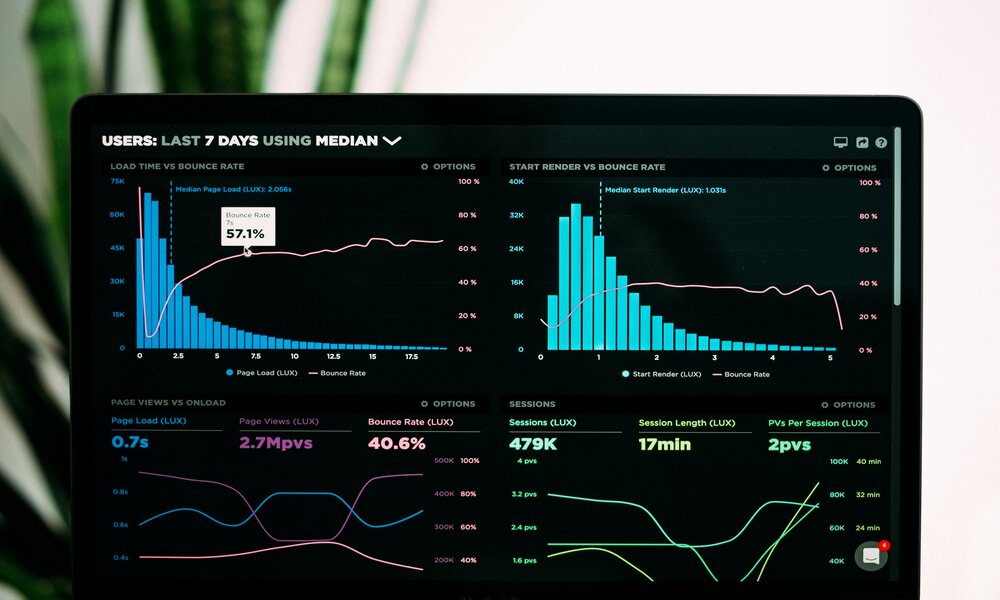Data is only powerful with context. It needs to be accurate and organised, and you need to be clear on the necessities vs the niceties.

Raw data describes the facts and figures that a business processes every day. Over time, every business collects data and it becomes meaningful after it has been processed to add context, relevance and purpose.
For instance, in a restaurant, individual orders are recorded, but examining them one by one offers little insight. However, when these orders are analysed collectively, trends and patterns emerge—like identifying peak dining days or the most popular menu and bar items. By analysing this data, receipts might reveal that placing a large stock order on Wednesdays is wise, as sales consistently rise by 40% on Thursdays.
The pace of business in today’s technological times requires businesses to be able to react quickly to changing demands from customers and environmental conditions. The ability to be able to compile, analyse and act on data is increasingly important. In some instances, a high volume of data may need to be accumulated and analysed before trends and patterns emerge.
When you aren’t compiling accurate business data, you can only rely on gut feel and assumptions about past performance to inform your future business decisions.
If your business is already using cloud software for accounting, project management, or CRM, you likely have a wealth of valuable data at your fingertips. When used effectively, this data can significantly contribute to your business’s success. It provides key insights into sales, expenses, profits, and staff performance, helping you make informed decisions and address important business questions.
Every business is unique, but here are three quick tips to help you drive data in your business.
1. Data is only powerful if there is context. Consider these important questions:
- What is your main objective, whether business-related or person?
- What is currently happening within your business?
- What isn’t happening that should be?
- How can you influence what happens by analysing and responding to your data?
Clarify what you’re trying to achieve right now, and make it a habit to revisit and update your goals regularly as they evolve over time. For instance, while your initial goal might have been to run the best restaurant in town, over time, your focus may shift toward stepping back from the business to spend more time with your family.
2. For your data to effectively guide your business, it must be accurate and well-organised. Ask yourself the following:
- Are your financial records up-to-date?
- Are there any unreconciled transactions?
- Are you tax compliant?
- Are your staff trained on the systems and processes they need for different areas of your business?
- Are your cloud systems being used to their full potential?
- Are you using AI tools to analyse and respond to your data?
Making decisions based on incorrect data can lead to serious consequences for your business, so ensuring accuracy is key.
3. Distinguish between essential data and nice-to-have information by considering:
- What would you most like to understand about your business?
- What specific metrics indicate success for you?
- What are your short-term and long-term objectives?
Remember, to focus on what truly matters and build from there.
If you want help to understand your data or the tools to use, talk to us.
About Pathfinder Solutions
Pathfinder Solutions advisory team members have either owned or managed businesses, or are investors themselves, so we know first-hand the challenges you face in your world.
Sure we’re Accountants, but the best solutions in business come from focusing on more than just the numbers. Our real-world business experience delivers just that.




